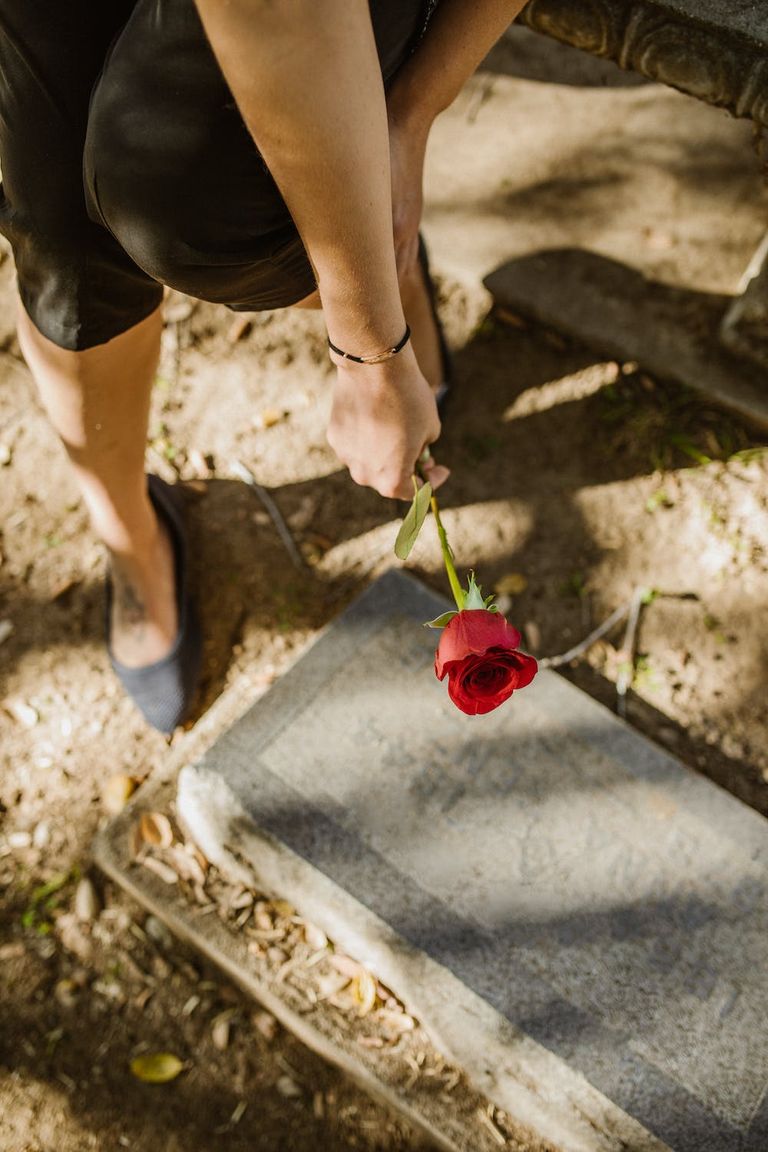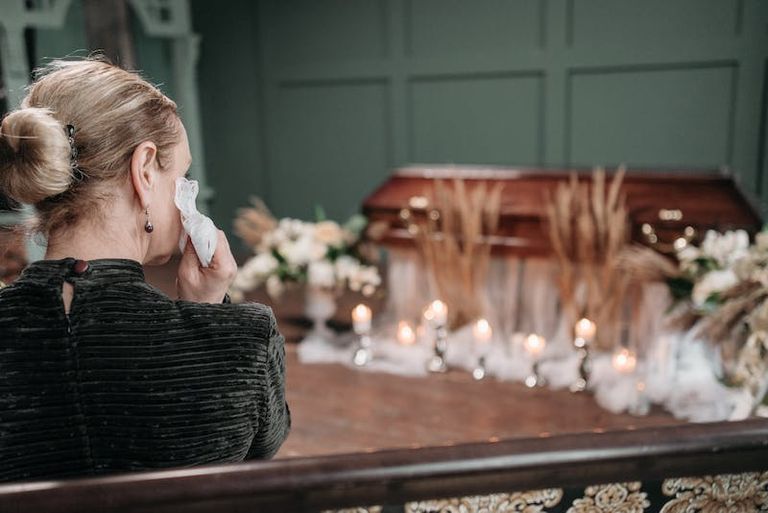
Today- my traditional post dedicated to the holidays of the Wheel of the Year.
Previously, I called this section “Gender Roles of the Wheel of the Year” and indeed, for our ancestors or for new Wiccans, this approach would be more correct. But the more I thought, the more I became convinced that I should change the concept, because traditional gender roles had a strong connection with the traditional activities of our ancestors, but today it no longer has such a meaning. Modern technologies have equalized the genders if we look at this from the point of view that driving a car is much easier for a woman than harnessing a horse to a cart.

Let me remind you a little about the essence of the Wheel of the Year roles. This is a happy relationship between God and Goddess, Heaven and Earth. Having gone through all the stages of human relationships from friendship to marriage, they reach the point of Samhain, where they have to separate. Their emotions influence nature, filling everything around with a certain energy. Since a person is a complex and multifaceted being and we need to develop different aspects of our character in order for our personality to be harmonious, we can use these energies to more successfully solve certain problems. You just need to know which ones when.
So Samhain "switches on" gender roles: A woman who survived the loss (widow) and a man who is leaving a woman.
It sounds completely incomprehensible and a little pessimistic, but we’ll figure it out now.

The truth is nobody can live but never have a loss experience. When we were children we sometimes lost our toys, we lost love (especially when we were teenagers), we lost job. Loss of a thing, loss of inspiration, loss of energy or feelings. There are a thousand kinds of things that can be lost.
The loss affects us. Always. In particularly severe cases, psychologists say about trauma which can affect all our lives. The normal period to be sorry about a serious loss - about a year.
Different people feel a loss in different ways. We often find it hard to understand what the other person feels. And we often feel that others cannot understand how we feel. Have you ever comforted a child who lost his/her toy? You thought it was such a trifle! But his/her grief was real! In this case, we must be tactful concerning someone else's loss, no matter how small it might seem to us.

How wonderful our lives would be if we didn’t have to experience losses! But psychologists will not agree with this. They say that losses play an important role in person’s psychological growth. The ability to live a loss and let it go is a very important skill. "Hanging" on the loss, you can easily spoil your life.
It must also be remembered that loss often (not always) cleans up space for the new to come into our lives. No matter how painful the situation was at the moment of loss, after a while we often begin to realize that it was for the best. An example of such a situation could be the loss of a job, when, having found a new one, you realize that you are better and more comfortable here.

Often the inability to survive the loss is associated with the fear of leaving the so-called zone of comfort. But what is a comfort zone and is it always good for us? A comfort zone sounds good, but it really just means circumstances in which we know how to act. This is the zone of knowledge, the zone of the model of behavior known to us. But that doesn't mean it's good for us. Do you know people who live are in a toxic relationship for years, suffer from it, but still do not go away? The fear of losing is uncomfortable, but such a familiar relationship keeps them together.

The consequence of the unprocessed role of A woman who survived the loss is the inability to let go. It can relate to anything: inability to break off relations, inability to leave uninteresting work, inability to clean your house of junk. This can be associated with the inability to pay the loan, because, as the saying goes, you lend someone else's money, and then you give your own.
The opposite situation arises when the role of a woman who has experienced loss is hypertrophied. This situation can be described as a loss of the joy of life. Favorite phrase of a person with the hypertrophied role of a woman who survived the loss: "I do not need anything anymore, I do not want anything anymore."

The role of a man leaving a woman in a traditional society, when humanity led endless wars, was very literal. This is the ability to leave. Today we consider this role somewhat wider. This is not only the ability to leave in the literal sense, but also the ability to say "no." For example, when a husband is forced to refuse a wife in an expensive purchase.
When the role of a man leaving a woman is not sufficiently developed, such a man can not refuse a woman, regardless of the wisdom or unreasonableness of her requests. Often such a man is called henpecked.
The hypertrophied role of a man leaving a woman makes him in one who says "no" in response to all the woman's requests. This is also a man who is not able and does not want to take responsibility and, faced with any difficulties, prefers to leave the situation. In psychology, this behavior is called "the Bun syndrome"

Now let’s summarize what has been said, abstracting from the conventional names of the roles. The energy time of Samhain is a favorable period to learn to let go and learn to leave. Let go of things, thoughts, people, stop grieving about the past or missed opportunities. And sometimes leave - leave a boring job and find a new one, finally change your place of residence. Sometimes it is painful, but this is the only way to change.
Congratulations, your post has been curated by @r2cornell-curate. Also, find us on Discord
Felicitaciones, su publication ha sido votado por @r2cornell-curate. También, encuéntranos en Discord